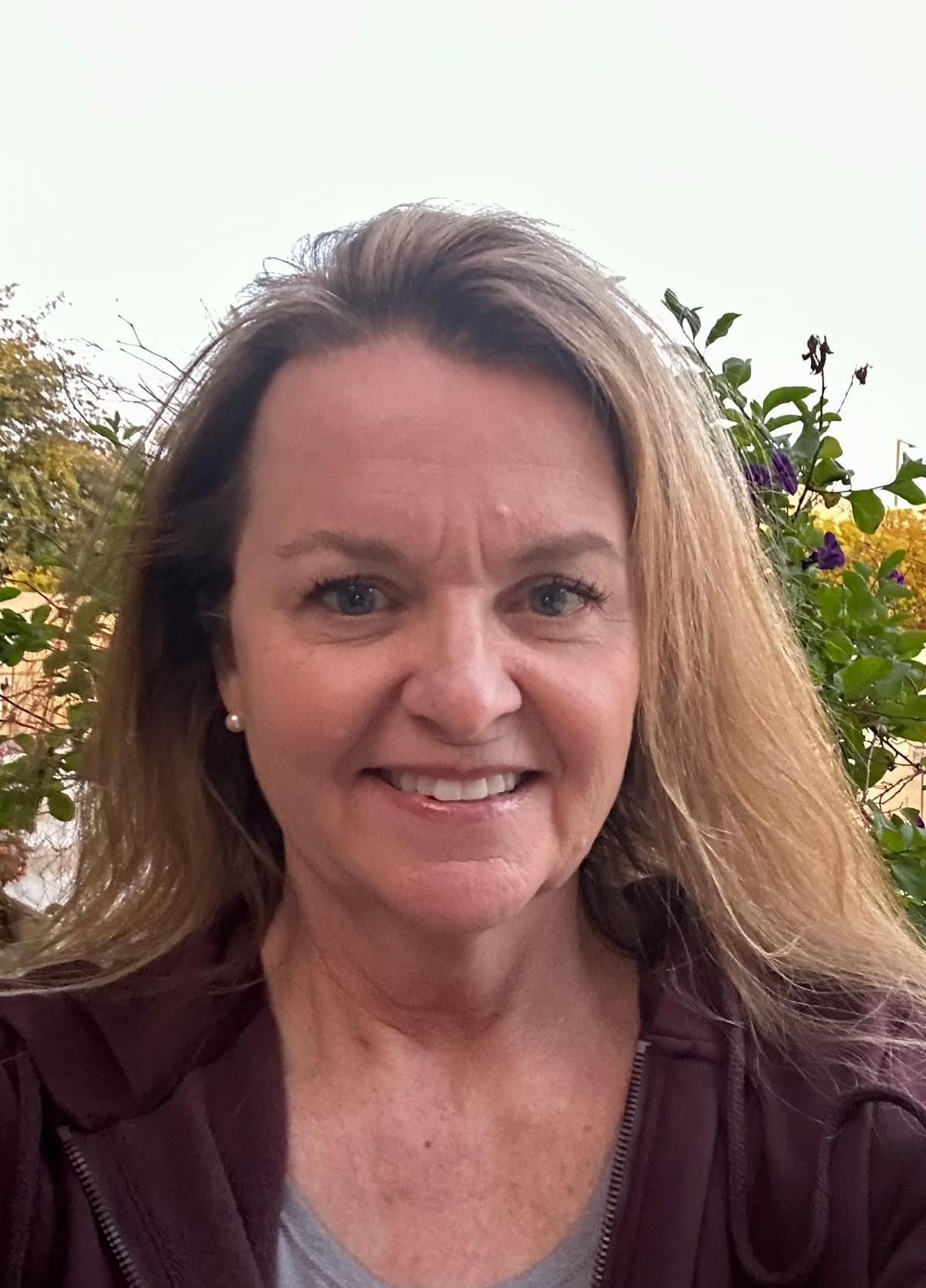

Cooperative Futures Institute.
Building a Cooperative Future for America
About Us
Our Story
We live in an era of interwoven challenges - increasing frequency of natural disasters, rapid technological change, and social fragmentation. The Cooperative Futures Institute was created to meet this moment. We take decades of research on the science of cooperation - from computation modeling to field studies in rural communities - and turn it into technological tools, engaging media, and structured convenings that help people, organizations, and communities together more effectively to build a cooperative future.
Who We Are
We are an interdisciplinary team of cooperative science experts including researchers, facilitators, and creators who are dedicated to applying cooperation science to real-world challenges. Our backgrounds span psychology, computer science, economics and business, anthropology, public engagement, media, and game design. Together, we’ve led multi-year, multi-site research projects, developed interactive experiences for communities, and built partnerships across industry, government, and the public. The Cooperative Futures Institute is our next step: a launchpad for turning this knowledge into impact and action.
Our Vision
Our vision is a future where technology, particularly AI systems, help us to build more cooperative relationships, communities and institutions. We believe autonomy and self-reliance are strongest when paired with connection and cooperation - and we’re building the tools, technology, partnerships, and experiences to make that a reality.
What We Do
At the Cooperative Futures Institute, we apply biological and evolutionary principles of cooperation to build technology and institutional infrastructre systems that are truly mutually beneficial. By grounding human–technology design in the same dynamics that sustain cooperation in living systems, we build tools that support human flourishing rather than undermining it.

Cooperation as a Central Design Principle
Technology development that holds cooperation as a central design principle, creating benchmarks for AI cooperation and building new AI tools like America AI to help individuals and communities achieve mutually benefical outcomes.

Redesigning Insurance & Risk Management
Tools and products that help individuals and communities manage risk-and help insurers adapt to an evolving landscape of uncertainty, like My Risk Dashboard.

Cooperation Benchmark
We are building a Cooperation Benchmark to evaluate AIs on thier capacities as a cooperative friend.

Simulation & Game-Based Learning
Interactive experiences that make cooperation tangible, from tabletop and digital games to immersive disaster scenarios.

Cooperative Infrastructure & Institutional Design
In our pilot year, we’re partnering with Arizona energy companies, municipalities, and disaster preparedness agencies to co-design and test cooperative solutions.

Community Engagement & Events
Workshops and interactive activities in everyday spaces - from bodegas to festivals - to build resilience and trust at the grassroots level.
Events
The Cooperative Futures Institute convenes leaders from academia, industry, and government to design and prototype cooperative systems for resilient futures. Our workshops, design sprints, and festivals translate cooperation science into practical frameworks for technology, infrastructure, and community innovation.
December 5, 2025; 12pm-6pm
Scottsdale, Arizona
In collaboration with reState and Supersymmetry Institute
January, 21, 2026
Davos World Economic Forum, Heimat Museum
In collaboration with AI Commons and Project Interdependence
January, 22, 2026
Davos World Economic Forum, Wisdom House
A Knowledge Exchange with The Global Futures Lab, Energy Forward, and NSF Futures Engine in the Southwest
CFI Executive Director, Athena Aktipis, is moderator of the Community Perspectives Panel
February 11, 2026
Arizona State University, Walton Center for Planetary Health | Auditorium 107
NEARCON 2026
NEARCON 2026 is the convergence point for innovations across the AI economy. Join Athena Aktipis, featured speaker for
The Parasite's Playbook: Five Mechanisms That Break Cooperation (And How to Defend Against Them)
February 23-24, 2026
San Francisco, California

Digital Commons in Theory and Practice: Wikipedia As An Exemplar of Adversarial Cooperation
Moderated by CFI Executive Director Athena Aktipis & Samuel J Klein, co-Founder of Public AI
Invitation only
March 2, 2026, 9:00am-1:15pm
Arizona State University
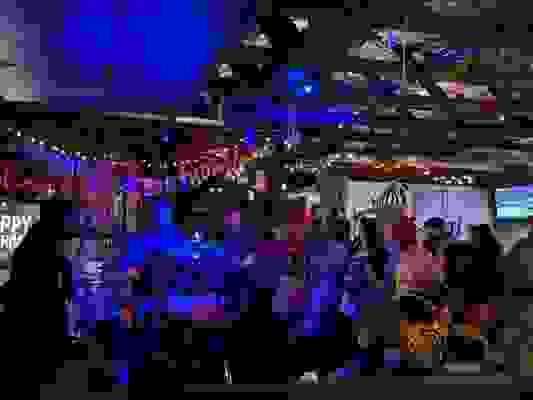
Building Digital Trust: What Wikipedia Teaches Us About Cooperation
A Cooperative Futures Salon Featuring Samuel J Klein, co-Founder of Public AI
With music by Katie Mae
Open to the public
March 2, 2026, 5:30pm-7:00pm
Dark Side, 805 S Farmer Ave
Tempe, Arizona
The Future of Risk in the Southwest
April 2026, Date TBD
Albuquerque, New Mexico
Human + Tech Week
Join CFI for a special event during Human-Tech week
Cooperation+AI: Designing Collective Intelligence That Holds
May 11-15, 2026
San Francisco, California

Leveraging Human-Tech Cooperation for the Evolutionary Management of Cancer
In collaboration with the International Society for Evolution, Ecology and Cancer
May 21-24, 2026
Hersonissos, Crete, Greece
AI & Cooperation Design Sprint
In collaboration with Prosocial World & Centrl Office co-working
June 2026, Date TBD
San Francisco, California

Summer Academy
In collaboration with the California Institute for Stress and Resilience
June 1-5, 2026
Mill Valley, California
Leadership
The CFI leadership team brings decades of experience studying and practicing cooperation-and a proven ability to work effectively together. Through projects such as The Human Generosity Project, Cooperation Science Network, and Cooperation in the Apocalypse Project, they have built a foundation of collaborative research and innovation that now powers the Cooperative Futures Institute.
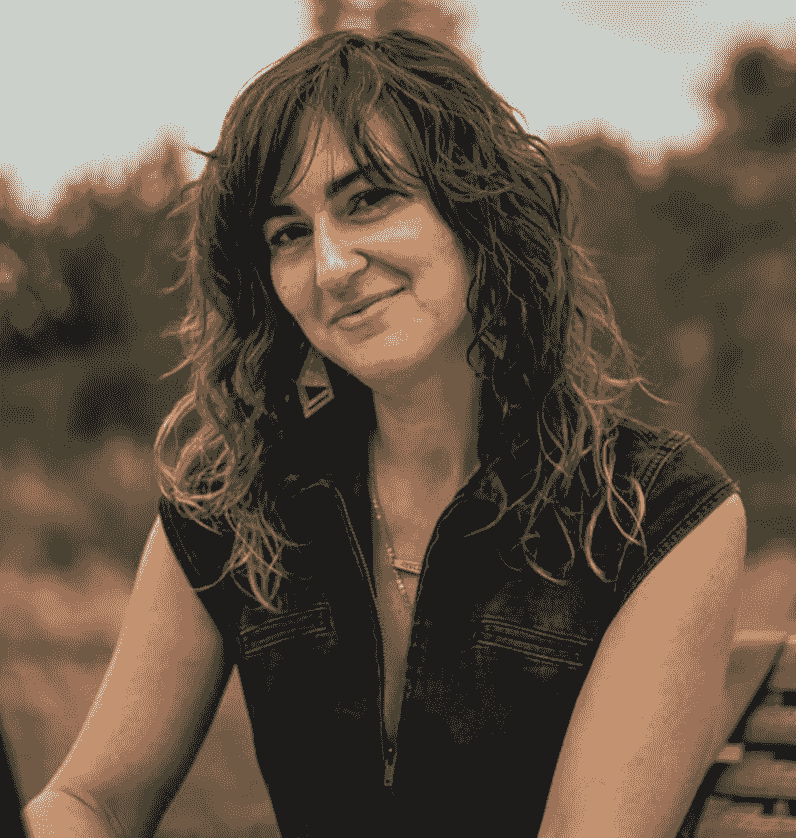
Athena Aktipis, PhD
Executive Director
Associate Professor in the Department of Psychology, Director of the Interdisciplinary Cooperation Initative at ASU, and author of The Cheating Cell and A Field Guide to the Apocalypse. Aktipis studies cooperation, conflict, and decision-making across systems. As the founding director of CFI, she draws on decades of research in cooperation science and a career devoted to public engagement, from creating the Zombified Podcast and The Apocalypse Roadshow to writing books and articles that bring cooperation science to wider audiences.
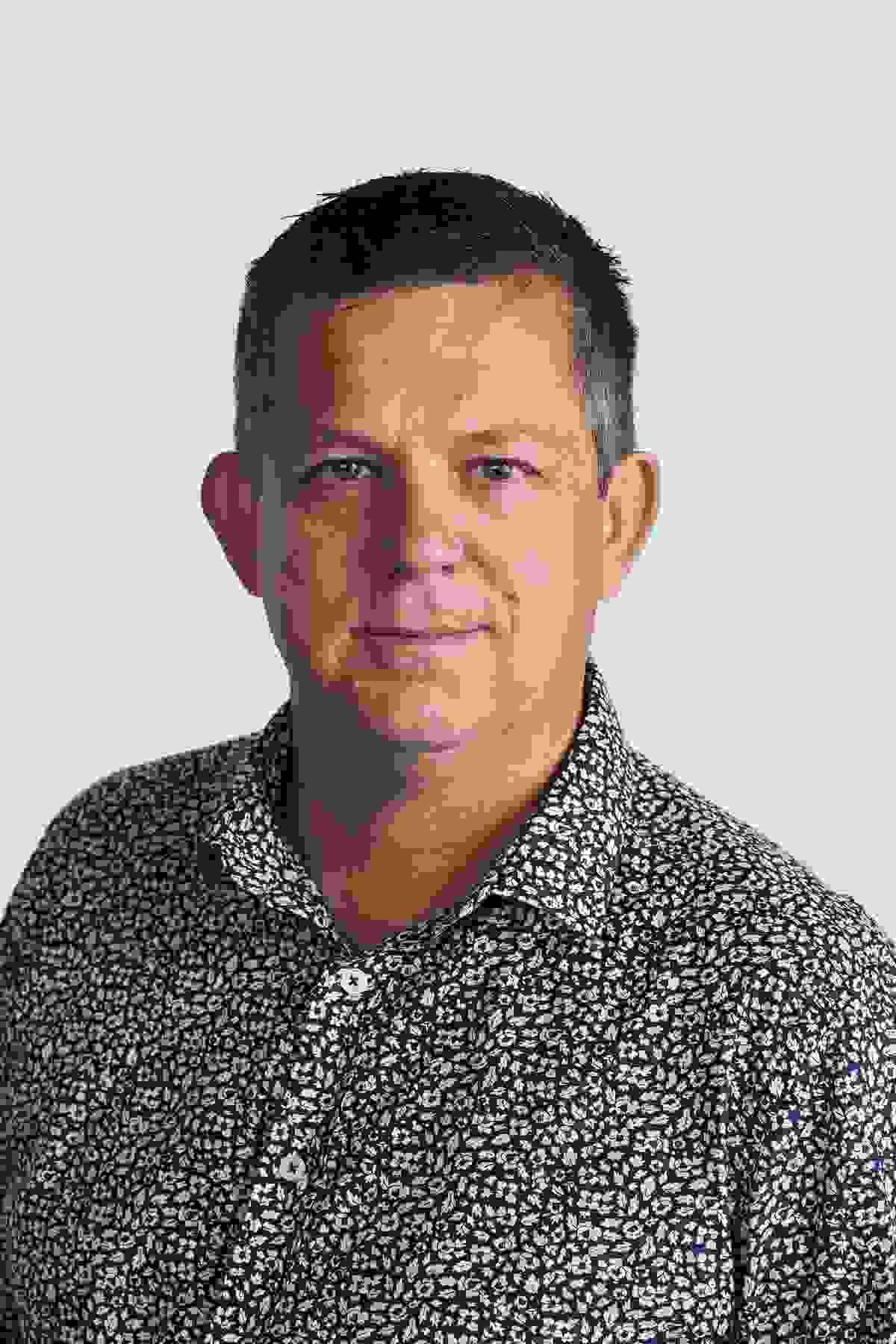
Rob Brooks, PhD
Director of Global Engagement
Scientia Professor of Evolution at UNSW Sydney. Brooks studies the tensions between conflict and cooperation in social living and sexual reproduction. He also studies how modern technologies engage with evolved human behaviours. His latest book, Artificial Intimacy, considers what happens when technology collides with evolved capacities to form friendships, become intimate, and cooperate. He is the recipient of the Eureka Prize and the Queensland Literary Award for Sex, Genes and Rock ‘n’ Roll.
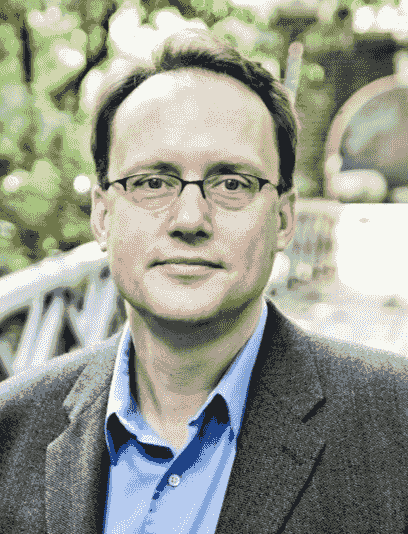
Lee Cronk, PhD
Director of Education & Academic Partnerships
Distinguished Professor of Anthropology at Rutgers University and author of Meeting at Grand Central: Understanding the Social and Evolutionary Roots of Cooperation. Cronk studies cooperation and cultural evolution, with a focus on how people share resources and solve collective problems. He has pinoeered interactive teaching tools and curriculum for cooperation science education. At CFI, he leads efforts to expand education, training, and academic collaborations in cooperation science.
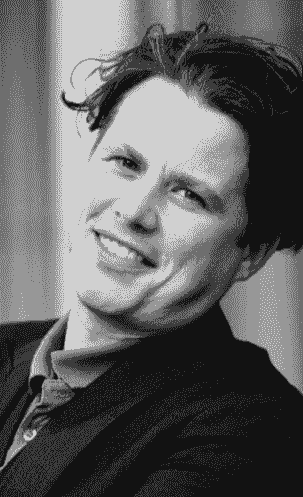
Joel Dietz
Director of Startup Ecosystems & Emerging Technology
MIT researcher, serial entrepreneur, and Director of Executive Education at the Society for Multidisciplinary Fundamental Research, whose work has shaped early concepts in collaborative legal ownership and cryptocurrency architectures. His current research, conducted with Michael Levin, focuses on integrating insights across disciplines to address complex challenges in health and the material sciences. He brings deep experience at the intersection of emerging technologies, decentralized systems, and scientific innovation.
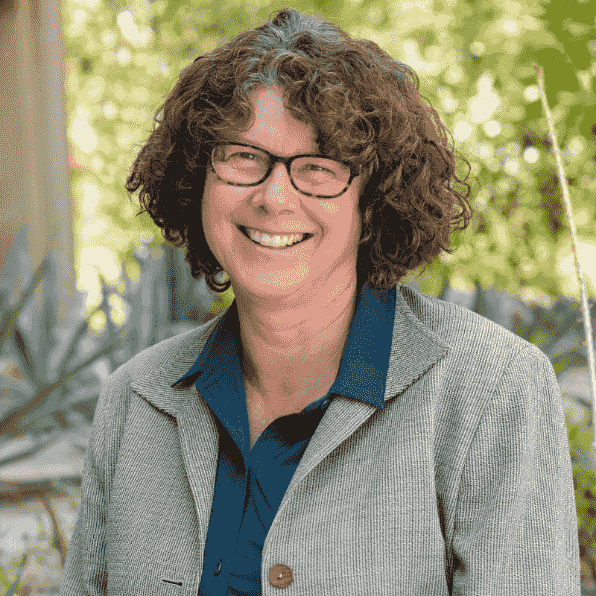
Jennifer Fewell, PhD
Director of Biological Systems
President's Professor in the School of Life Sciences at Arizona State University. Fewell studies how social interactions and selection influence cooperative behavior and the role of self-organization in the transition to group living. She is an expert on biological complex systems, specializing on decentralized cooperation and division of labor, particularly how division of work emerges and scales within social groups, from harvester ants to other species.
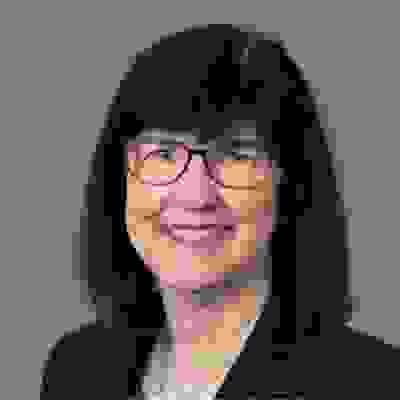
Barbara Timm-Brock
Executive in Residence,
Cooperative Futures Venture Studio
Past Section Head of America’s Seed Fund at the U.S. National Science Foundation and a multi-industry C-suite executive and entrepreneur. At CFI, Timm-Brock works with founders and leadership teams to advance growth, strengthen venture readiness, and shape the institute’s emerging venture platform.
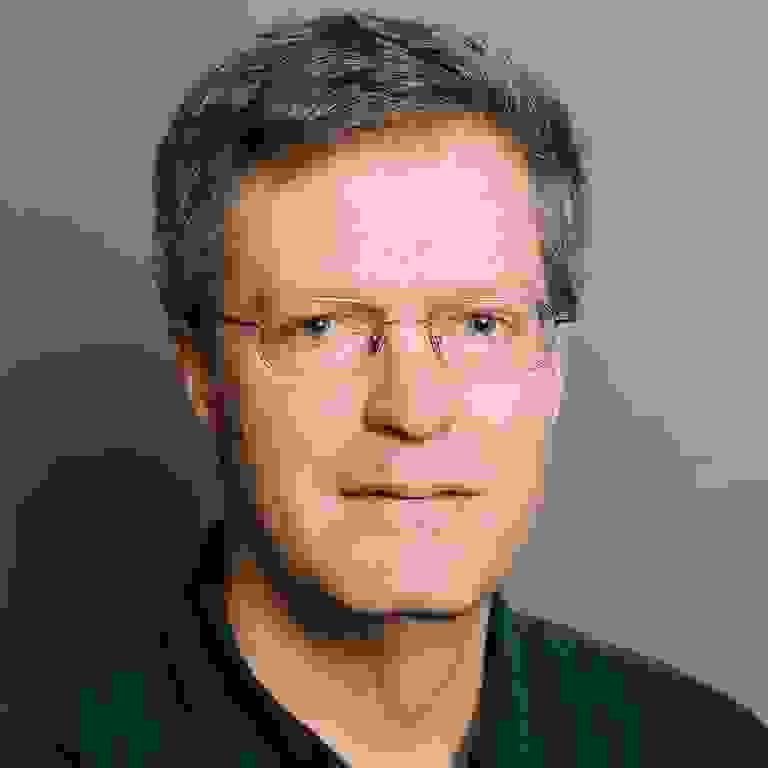
Peter M. Todd, PhD
Director of Human–Technology Systems
Provost Professor of Psychological and Brain Sciences at Indiana University, Fellow of the American Association for the Advancement of Science (AAAS) and author of Simple Heuristics that Make Us Smart and Ecological Rationality: Intelligence in the World. Todd studies cooperation, decision-making, and how people think about the future, guiding CFI’s work on building adaptive, cooperative human–technology systems.
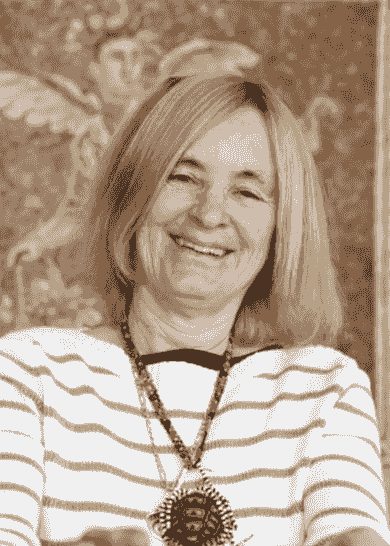
Polly Wiessner, PhD
Director of Intergenerational Transmission & Cultural Systems
Distinguished Professor of Anthropology at The University of Utah and Arizona State University. She is a member of The National Academy of Sciences. Weissner has studied the role of technology in social and cultural change in small-scale societies, from the role of firelight to social media. She founded the Tradition and Transition Centre in Papua New Guinea to preserve and transmit Enga culture to the next generation.
Board
The Board of Directors works in close partnership with the CFI leadership team, providing strategic insight, governance, and external perspective. Their experience across research, technology, and cooperative systems strengthens CFI’s ability to translate ideas into long-term impact.
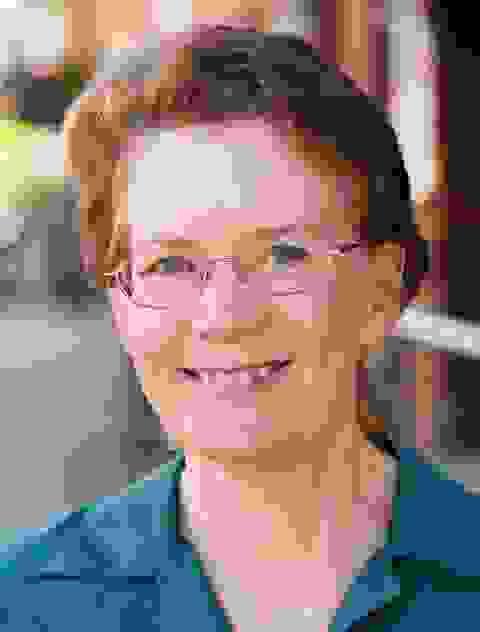
Christine L. Peterson
Christine Peterson is Cofounder and Senior Fellow of Foresight Institute. She is co-author of Unbounding the Future: the Nanotechnology Revolution; Leaping the Abyss: Putting Group Genius to Work; and Gaming the Future: Technologies for Intelligent Voluntary Cooperation. She coined the term ‘open source software’. She holds a bachelor’s degree in chemistry from MIT.
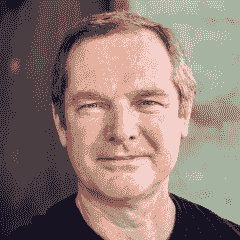
Andrew Maynard
Andrew Maynard is a scientist, writer, and Professor at Arizona State University, where he directs the Future of Being Human initiative. With a background in physics, public health, and technology policy, he bridges disciplines to explore how innovation can serve society more effectively. Andrew is the author of Films from the Future and Future Rising, a Fellow of the American Association for the Advancement of Science, and a passionate advocate for making knowledge accessible to all.

David Sloan Wilson
David Sloan Wilson is president of ProSocial World and SUNY Distinguished Professor Emeritus of Biology and Anthropology at Binghamton University. He applies evolutionary theory to all aspects of humanity in addition to the rest of life, through ProSocial World and in his own research and writing. His most recent books include his first novel, Atlas Hugged: The Autobiography of John Galt III, and a memoir, A Life Informed by Evolution.
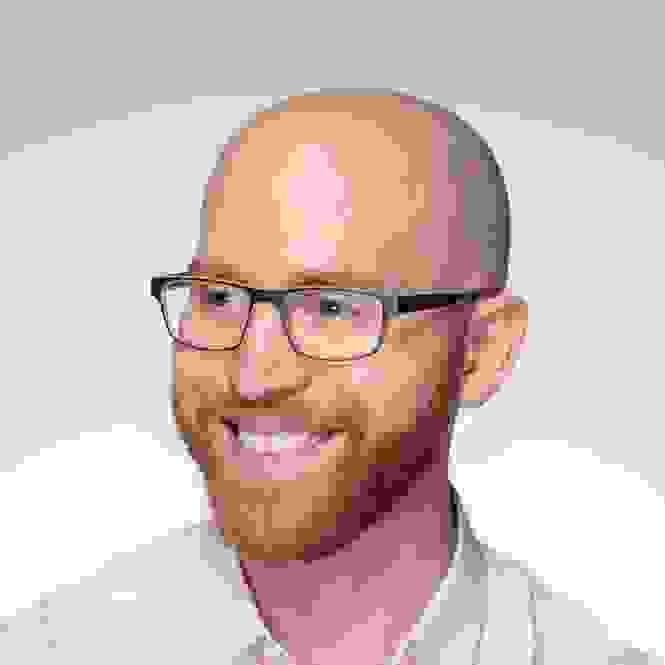
Adam Julian Goldstein
Adam is the Co-founder, Chairman, and Head of Research for Softmax, a technology company focused on utilizing principles of organic alignment from evolutionary biology to solve problems of alignment in technological systems. Previously, he co-founded Hipmunk and was a visiting Scientist working on cancer research at the Levin Lab at Tufts. He holds bachelors degrees in Mechanical Engineering and Electrical Engineering and Computer Science from MIT.
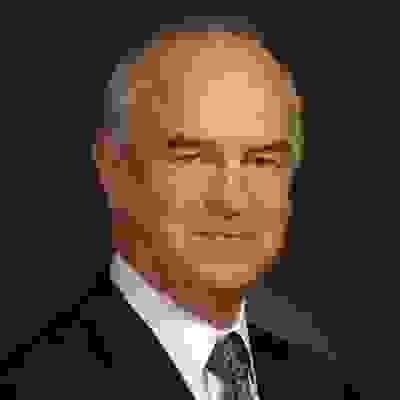
Gary Dirks
Gary Dirks is senior director, Global Futures Laboratory, and director of LightWorks®, an Arizona State University initiative that capitalizes on ASU's strengths in solar energy and other light-inspired research. He is also the Julie Wrigley Chair of Sustainable Practices, professor of practice in the School of Sustainability, and distinguished sustainability scientist. From 2013-2019, he was the director of ASU's Wrigley Institute. Before joining ASU, Professor Dirks was the president of British Petroleum Asia-Pacific and the president of British Petroleum China.
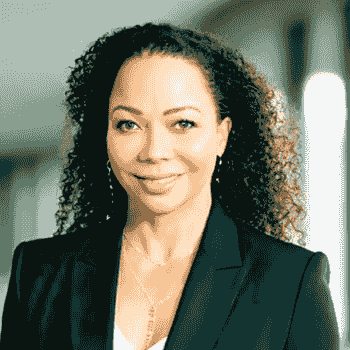
Nichol Bradford
Nichol Bradford is a futurist, investor, and executive advisor shaping how humans and intelligent technologies thrive together. As SHRM’s AI + HI Executive-in-Residence, she contributes to global strategies influencing 362 million workers and their families through 340,000 HR professionals across 180 countries. She reaches 100,000+ people annually through speaking and writing, and invests in technologies that strengthen Human vitality, performance, and society. Nichol is the founder of Human+Tech Week, a global platform advancing human-centered AI, and Co-founder at Niremia Collective, a venture fund for longevity, peak performance, and human flourishing.
Staff
The Cooperative Futures Institute is supported by a team with expertise in operations, research coordination, academic–industry mentorship, financial management, and creative ecosystem design. Together, they provide the practical skills and organizational structures needed to run CFI’s programs, maintain effective partnerships, and support the development of cooperative approaches across research and applied projects.
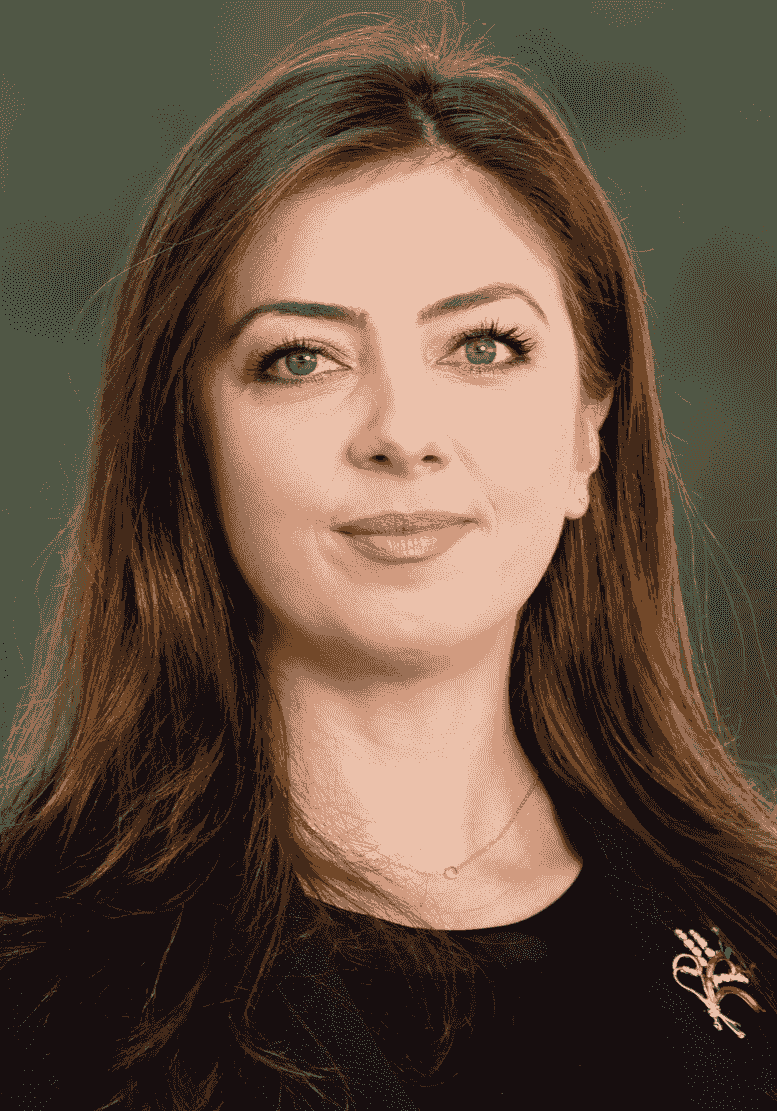
Cristina Baciu, EdD
Chief of Staff
Cristina Baciu is an educational leadership specialist with deep expertise in mentoring, research development, and academic–industry partnerships. She is the founder of MentorMind Consulting and has held key administrative and research leadership roles at Arizona State University, including Assistant Director of Research at the W. P. Carey School of Business and Research Program Manager for major NIH-funded initiatives. At CFI, she leads organization-wide strategy and execution, forging powerful cross-sector partnerships and building the systems that enable the institute to grow, innovate, and sustain its impact.
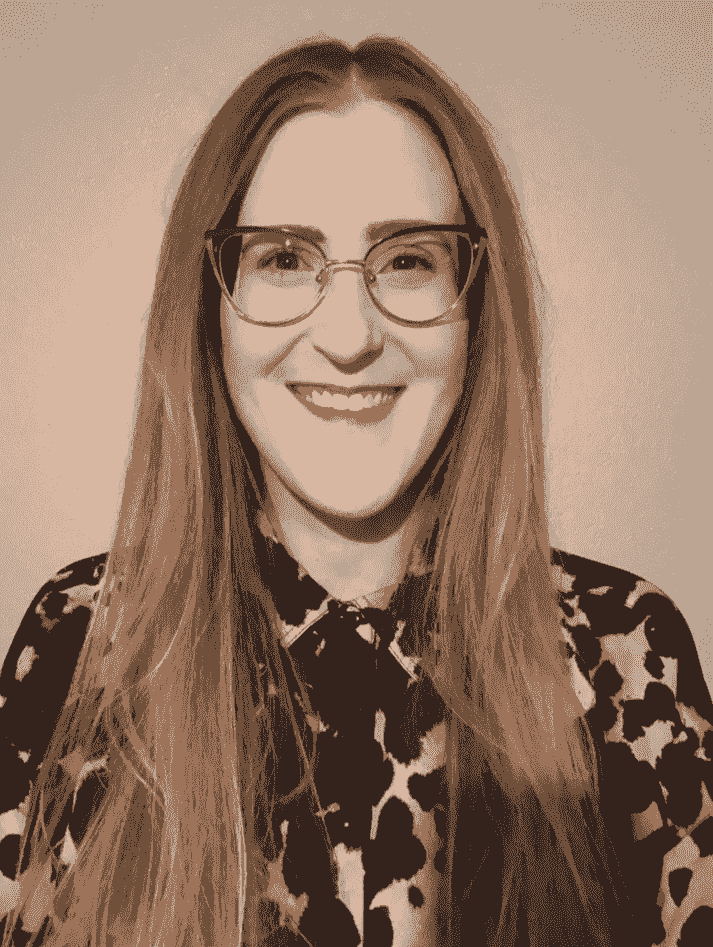
Liz Grumbach, MA
Director of Research Partnerships & Digital Scholarship
Liz Grumbach is a digital humanities scholar and research manager whose work focuses on ethical technological innovation, digital public humanities, and culturally responsible data practices. As Program Manager for Digital Humanities and Research at ASU’s Lincoln Center for Applied Ethics, she leads collaborative projects and cultivates interdisciplinary research communities, and she serves on the Board of Directors for Digital Frontiers. At CFI, she builds and coordinates research partnerships across universities, strengthening connections with ASU’s Interdisciplinary Cooperation Initiative and other academic programs to advance cooperative, cross-sector innovation.

Pamela Winfrey, MFA
Director of Creative Ecosystem Design
Pamela Winfrey is an experienced facilitator who helps groups, organizations, and institutions surface shared goals, navigate differences productively, and use art and embodied inquiry to create environments that spark curiosity, connection, and new perspectives. She brings decades of experience at the intersection of art, science, and technology, beginning with her long tenure as a senior artist at the Exploratorium in San Francisco and continuing as Director of the Cancer Arts Program at ASU’s Arizona Cancer Evolution Center. She is also an author, playwright and director.

Karen Alexander
Director of Financial Operations
Karen Alexander has nearly 25 years of experience providing trusted bookkeeping and financial organization services for both individuals and businesses. At CFI, she oversees financial operations and administrative coordination, supporting the organization’s stability, transparency, and long-term strategic planning.
Work With Us
We build AI tools that make cooperation science accessible and actionable. We need technical partners who bring both skills and mission alignment: AI/ML engineers (RAG systems, prompt engineering, conversational AI), full-stack developers (interactive experiences, web applications), and UX designers (behavior change, user interfaces). We're also hiring for administrative and operations roles requiring experience with complex scheduling, travel coordination, and organizational systems. If you're interested in applying your expertise to help people cooperate better, let's talk.
Partners
The Cooperative Futures Institute partners with organizations that share our commitment to translating cooperation science into real-world systems. Together, we develop technologies, frameworks, and spaces that strengthen resilience, foster innovation, and enable collective action across sectors.
Centrl Office is a co-working company that creates workspaces that have the comfort of your favorite coffee house, the efficiency of a factory, and the service of a hotel, with flexible memberships so you can choose where you work, when you work. Centrl is partnering with CFI to host design sprints and hack-a-thons at the intersection of cooperation science and technology.
Prosocial World is a non-profit dedicated to enabling individual and collective action for positive cultural change and widespread cooperation through our unique framework built on science and compassion. Prosocial World is partnering with CFI to bring the science of cooperation into real-world contexts, supporting the design of cooperative technologies, governance systems, and cultural innovations.
The California Institute for Stress and Resilience provides world-class education and training, conducts research, provides clinical care, and supports programs that address the current mental and physical health crisis. CISR is partnering with CFI for our summer academy and internship program, building connections among cooperation researchers, health researchers and enterpreneurs.
California Institute for Machine Consciousness
The California Institute for Machine Consciousnes develops testable theories of machine consciousness and foster a culture and ethics built on a deeper understanding of consciousness. CIMC is collaborating with CFI to build a Cooperation Benchmark for evaluating AIs on the basis of whether they act as a cooperative friend.
NearCon 2026 is the convergence point for the most important innovations across the AI economy. It is where cutting-edge cryptographic research, financial infrastructure, and AI computing come together to lay the foundation for a new era of commerce that is autonomous, privacy-preserving, verifiable, and built for both global enterprises and end users.
AI Commons is a nonprofit initiative in partnership with the ecosystem of AI practitioners, entrepreneurs, academia, NGOs, AI industry players and organizations/individuals focused on AI as a common good.
Contact Us
The Cooperative Futures Institute collaborates with leaders across research, industry, and the public sector to apply the science of cooperation to today’s most complex challenges. To explore partnership opportunities or learn more about our work, contact our team using the form below-or email us directly at connect@cooperativefutures.org.
Contact Us
connect@
Copyright © Cooperative Futures Institute





































